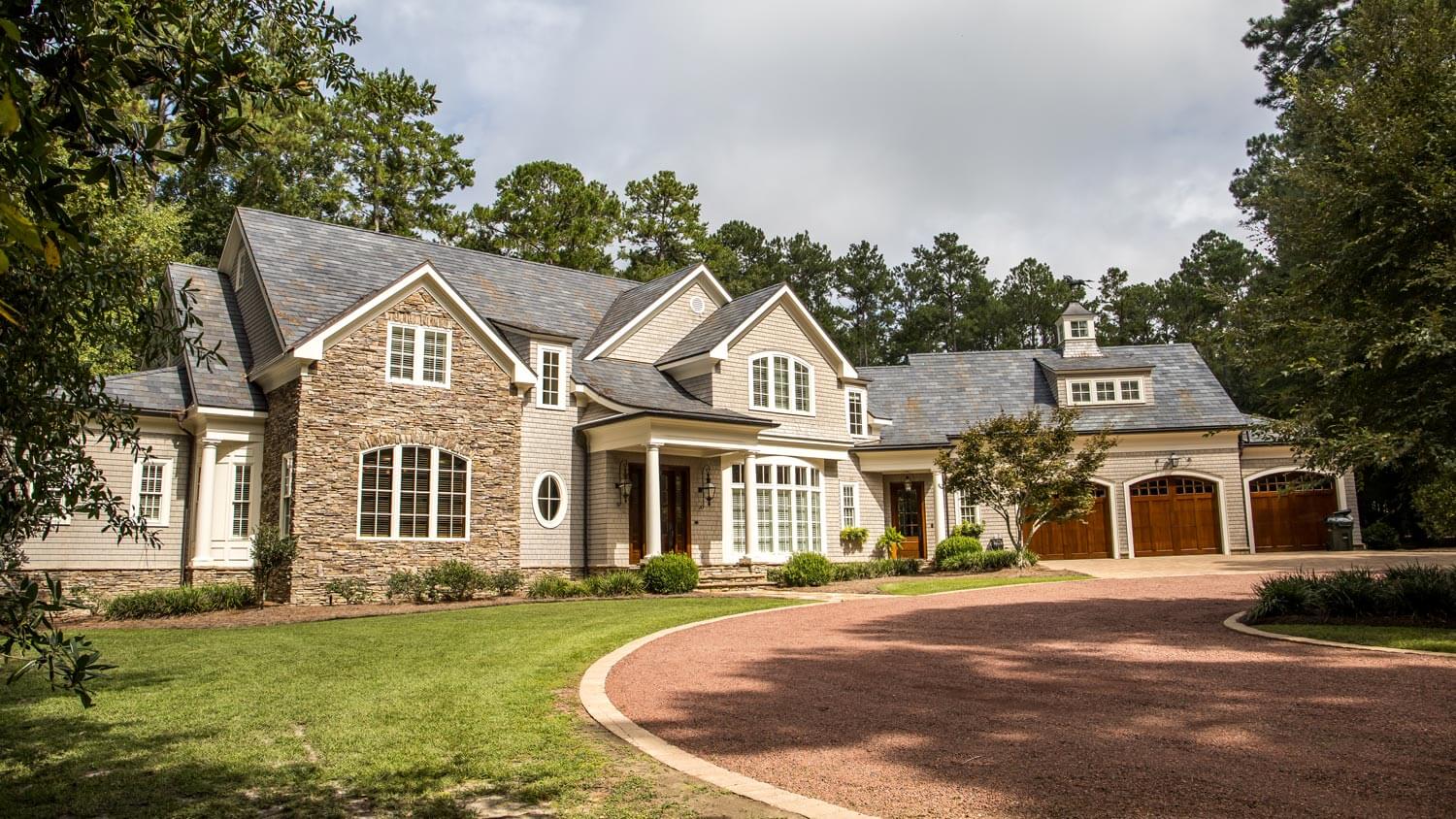
Is your driveway totaled? The price of repaving your driveway can save you from repair and resurfacing costs that are no longer worth the investment.
There’s nothing like peace and privacy


Private road maintenance agreements (PRMAs) may be required when a homeowner buys a property with a private road.
A PRMA details how the road will be maintained, and who is responsible for what.
Your mortgage company may stipulate what must be in the agreement.
While publicly-maintained roads get the majority of our attention, there are thousands of miles of private roads and driveways across the country that require maintenance and repair. Most private homeowners don’t have the skills or equipment to perform these tasks on their own, so they hire firms that specialize in private road maintenance agreements (PRMAs) to handle everything from professional snow removal to guardrail repairs.
A private road maintenance agreement may be required when a homeowner buys a property and there’s a private road on it, or build a new private road. This guide will help you better understand what type of PRMA is right for your property, and how you can get started with proper planning in place.

Many mortgage companies require a prospective homeowner seeking to purchase a property with a private road to have a private road maintenance agreement in place. This agreement details how the private road in the community will be maintained, and who is responsible for maintaining it (such as the homeowner or a homeowners association).
PRMAs typically consist of two parts: stipulations on payment from a homeowner or homeowner association (HOA) for regular maintenance and repair work, and an agreement detailing what work needs to be done, who will do it, and how long it should take. There’s no rulebook for developing new housing developments or repaving roads; each agreement is unique and can vary widely depending on your personal needs.
When drawing up a private road maintenance agreement, there are several key factors that you’ll want to consider.
The first and most important thing to consider is, what does the mortgage company require? Look into the terms of the agreement and what they are asking for as far as road maintenance. You will have to provide that in order to qualify for the property.
For example, Fannie Mae requires that you include the following in such an agreement:
Responsibility for repairs
Default remedies if obligations aren't met
The term of the agreement
Another consideration is your budget. You’ll need to know how much money you can dedicate to maintaining your road each year. And a third factor is whether or not you want an open-ended agreement or one with a fixed end date. Open-ended agreements can be more flexible, but they also require more maintenance and upkeep throughout their duration.
It’s probably best if you hire someone to take care of this work rather than try to do it yourself. Contact a driveway paving company near you to see if they might be able to help you honor the terms of the agreement.
A PRMA may contain the following sections:
Preface (explanation of purpose, etc.)
Description of property/roadway
Description of roadway uses
Description of maintenance fees
Termination clauses
Miscellaneous (legal definitions)
Exhibits: Photos, survey maps and other supporting documentation
Indemnification
From average costs to expert advice, get all the answers you need to get your job done.

Is your driveway totaled? The price of repaving your driveway can save you from repair and resurfacing costs that are no longer worth the investment.

The cost to build a road on your property can be high, but the utility is often worth it. Use this cost guide to see how much this project will cost.

Do you need more parking for your business or home? Here's everything you need to know about the cost to pave a parking lot.

Want to know the best time to seal a driveway? Our guide will help you determine when to seal your driveway—and when it’s a bad idea.

Asphalt and concrete driveways are strong and durable, but do they need protecting? Learn more about the pros and cons of sealing your driveway.

There are six types of gravel for driveways. This guide explains the pros and cons of each type so you can choose the best gravel for your driveway.